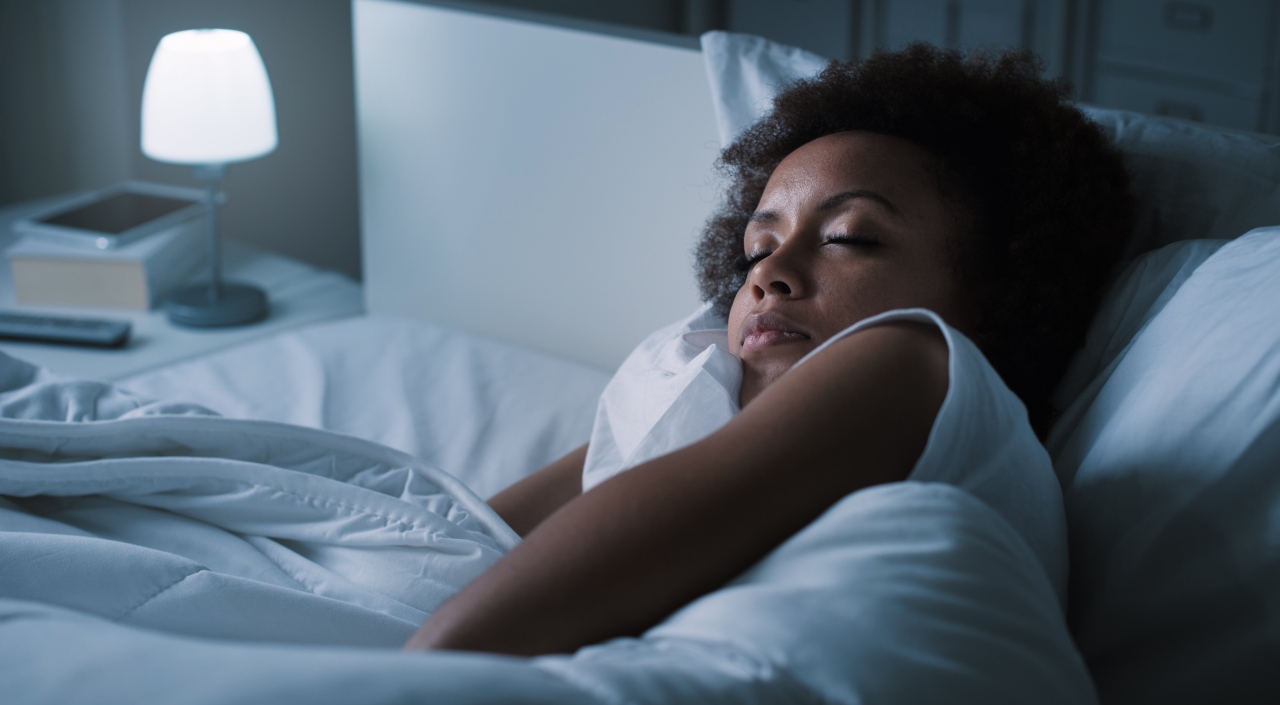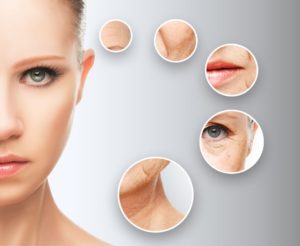If you eat healthily and exercise daily but do not get enough sleep, you are undermining your other efforts. 7-9 hours of quality sleep is vital for your health, well-being, and ability to do everyday activities. It is as essential to the human body as food and water. Insufficient sleep or inadequate quality causes many health problems, including hypertension, heart disorders, strokes, obesity, diabetes, depression, anxiety, reduced brain function, memory loss, weak immune system, fertility, and psychotic disorders.
Effects of Poor Sleep on Your Health
-
High Blood Pressure
Sleeping less than 5-6 hours is associated with high blood pressure. This is because your body regulates the hormones that induce stress when you sleep. But the inadequate sleep amplifies the effects of stress on your body which causes high blood pressure, increased heart rate, and inflammation. It all puts an unnecessary strain on your heart.
-
Weight Gain & Diabetes
The continuous lack of quality sleep causes rapid weight to gain due to the release of a higher amount of cortisol hormone, which induces stress, and anxiety and leads to poor eating habits. Ghrelin is one more hormone produced in the stomach due to a lack of quality sleep that makes people always feel hungry. In the long run, sleep deprivation negatively affects metabolism and triggers unhealthy cravings.
In addition, poor sleep disturbs the method of processing glucose. So, it becomes a significant risk factor in developing diabetes type 2 disease.
-
Depression & Anxiety
Long-term sleep deprivation activates depression and the general loss of motivation. As a result, most patients suffering from depression have irregular sleeping schedules. In addition, a disturbed sleep cycle reduces the production of melatonin hormones, reducing tolerance for mild daily stressors.
People with an unrestful night experience mental fog, fatigue, and lack of focus. When the brain does not get sufficient rest, cognitive ability decreases drastically. Conversely, a good night’s sleep helps the brain organize itself and improve mental function.
-
Decreased Fertility & Weaker Immune System
Sleeping disorders affect your libido and ability to conceive. In addition, it has devastating effects on both men and women by disturbing the production of reproductive hormones. Getting 7-9 hours of sleep is necessary to regulate the normal production of testosterone and hormones responsible for ovulation.
How To Sleep Better?
The most major thing you need to do to have a better sleep is to set a consistent schedule. For example, waking up at the same time every day helps to sleep better at night. Unfortunately, some people keep sleeping late on weekends, make much more challenging to wake up on weekdays.
Stop using electronic gadgets, including smartphones and tablets, at least one hour before bedtime. In addition, try to identify your daily stressors contributing to depression and anxiety. If you are unable to control it, talk to your doctor. There may be an underlying cause. For example, some people suffering from sleep apnea and thyroid disorder also find sleeping difficult at night. Finally, engage yourself in healthy activities to improve the quantity and quality of your sleep.
*Information in this article is not medical advice and may not be factually accurate. It is intended for entertainment purposes only. Consult with a physician before attempting any tips in this blog post and to get the most up to date factual data about any procedure or treatment.














